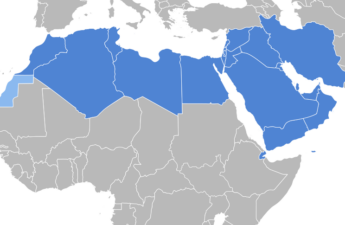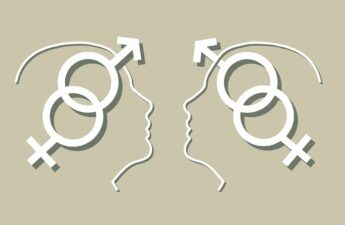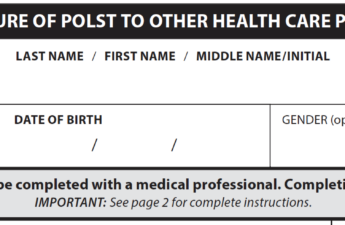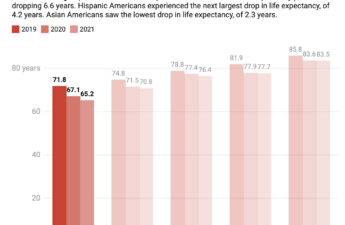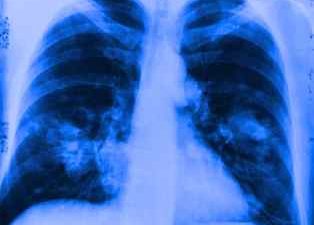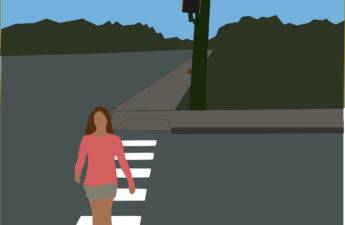Category: Minorities
Do implicit bias trainings on race improve health care?
There is increasing evidence that implicit bias – non-conscious attitudes toward specific groups – is a source of racial inequities in certain aspects of health care, and lawmakers are taking note.
Census change will lead to more data on health of Middle Eastern, North African people in US
For decades, U.S. residents with heritage from the Middle East and North Africa, which is known internationally as the MENA region, have been classified by the government as white. The grouping masked differences in income, health, housing and other important markers.
Transgender regret? Research challenges narratives about gender-affirming surgeries
Harry Barbee, Johns Hopkins University; Bashar Hassan, Johns Hopkins University, and Fan Liang, Johns Hopkins University You’ll often hear lawmakers, activists and pundits argue that many transgender people regret their decision to have gender-affirming surgeries – a belief that’s been…
Health insurance, now open to all; Enrollment starts Nov.1
Starting this year, Washington Healthplanfinder has expanded access to health coverage to include immigrants who are undocumented. More Washingtonians than ever will have the opportunity to buy an insurance plan that covers important health care services.
How Advance Care Planning Neglects Black Americans
Advocates say such advanced care plans are especially important for Black Americans, who are more likely to experience racial discrimination and lower quality care throughout the health care system. Advance care planning, they say, could help patients understand their options and document their wishes, as well as reduce anxiety for family members.
Health disparities cost to U.S. economy tops $450 billion a year
Most of the economic burden for racial and ethnic disparities was borne by Black/African American population (69%) due to the level of premature mortality. Native Hawaiian/Pacific Islander ($23,225) and American Indian/Alaska Native ($12,351) populations had the highest economic burden per person.
Study Reveals Staggering Toll of Being Black in America: 1.6M Excess Deaths Over 22 Years
Because so many Black people die young — with many years of life ahead of them — their higher mortality rate from 1999 to 2020 resulted in a cumulative loss of more than 80 million years of life compared with the white population, the study showed.
Native Americans have experienced a dramatic decline in life expectancy during the COVID-19 pandemic – but the drop has been in the making for generations
Even before COVID-19 emerged, life expectancy for Indigenous men was already five years lower than for non-Hispanic white men in the United States.
Why South Asians are at increased risk for diabetes: A complex interplay of genetics, diet and history
South Asians are particularly insulin resistant. Compared to Caucasians, South Asians had higher insulin concentrations in their blood after ingesting sugar. This means that South Asian individuals require more insulin to regulate their blood sugar levels, a characteristic of Type 2 diabetes. There are numerous possible explanations for this, but genetic variants could be one culprit.
Cancer death rates fall among Black Americans but remain higher than other groups
Black men and women had higher rates of cancer death, both overall and for most cancer types, than White, Asian or Pacific Islander, American Indian/Alaska Native, and Hispanic/Latino men and women.
How the pandemic’s unequal toll on people of color underlines US health inequities – and why solving them is so critical
Differences in the social conditions in which people are born, grow, live and work can lead to health disparities.
Low-Income People of Color Bear Brunt of Rising Pedestrian Deaths
Nationwide, the number of pedestrians killed by drivers from 2010 to 2019 increased by 45% to 6,237 a year, the equivalent of at least 17 people dying per day
As COVID-19 Vaccine Demand Dips, Community Health Centers Take the Lead
Their mission is to close the gap between the vaccination rates of the nation’s most vulnerable people and the rest of the population.
Asian American young adults are the only racial group with suicide as their leading cause of death, so why is no one talking about this?
Only one national study is targeting Asian American mental health
After Hundreds of Meatpacking Workers Died From COVID-19, Congress Wants Answers
To date, more than 50,000 meatpacking workers have been infected and at least 250 have died.

